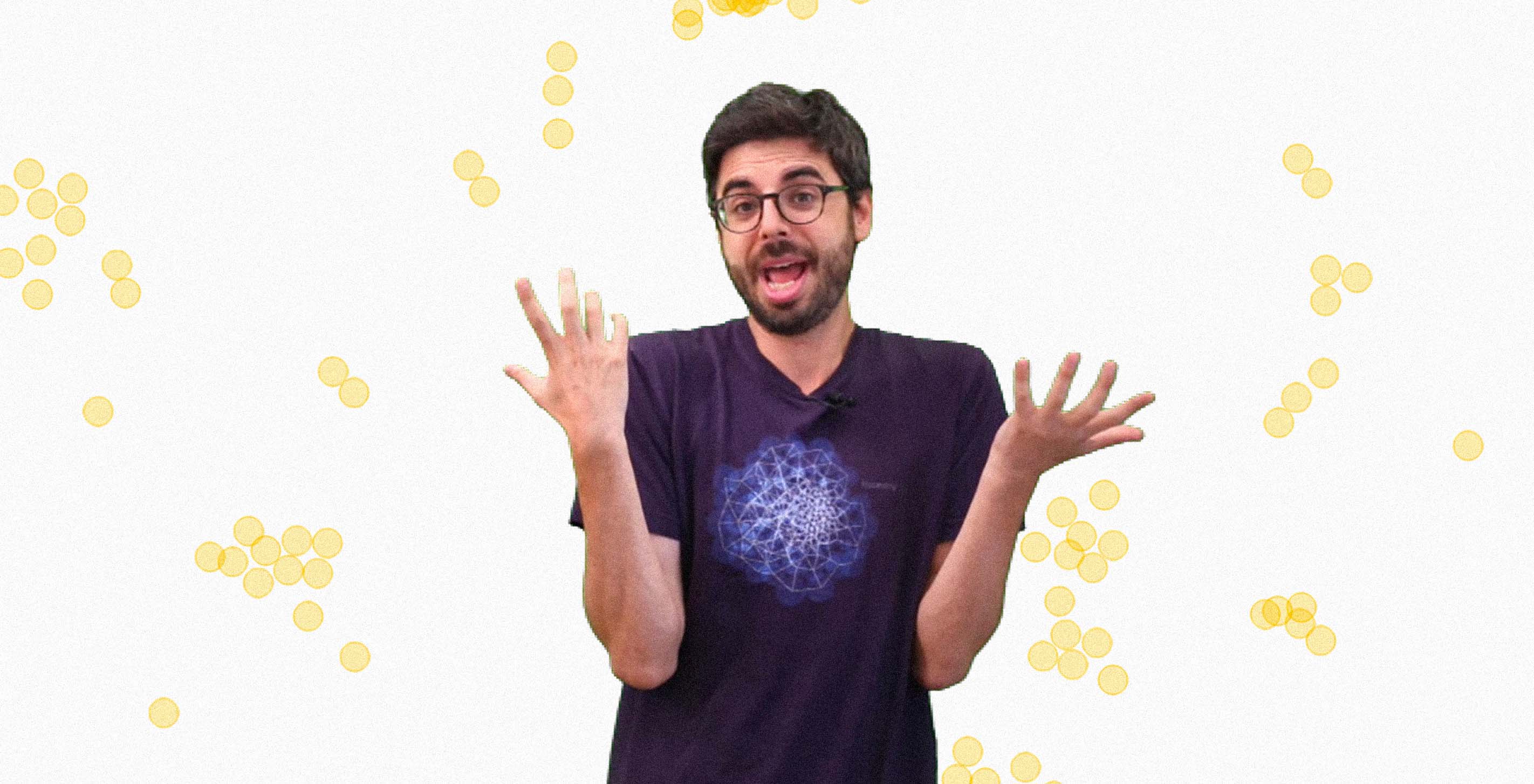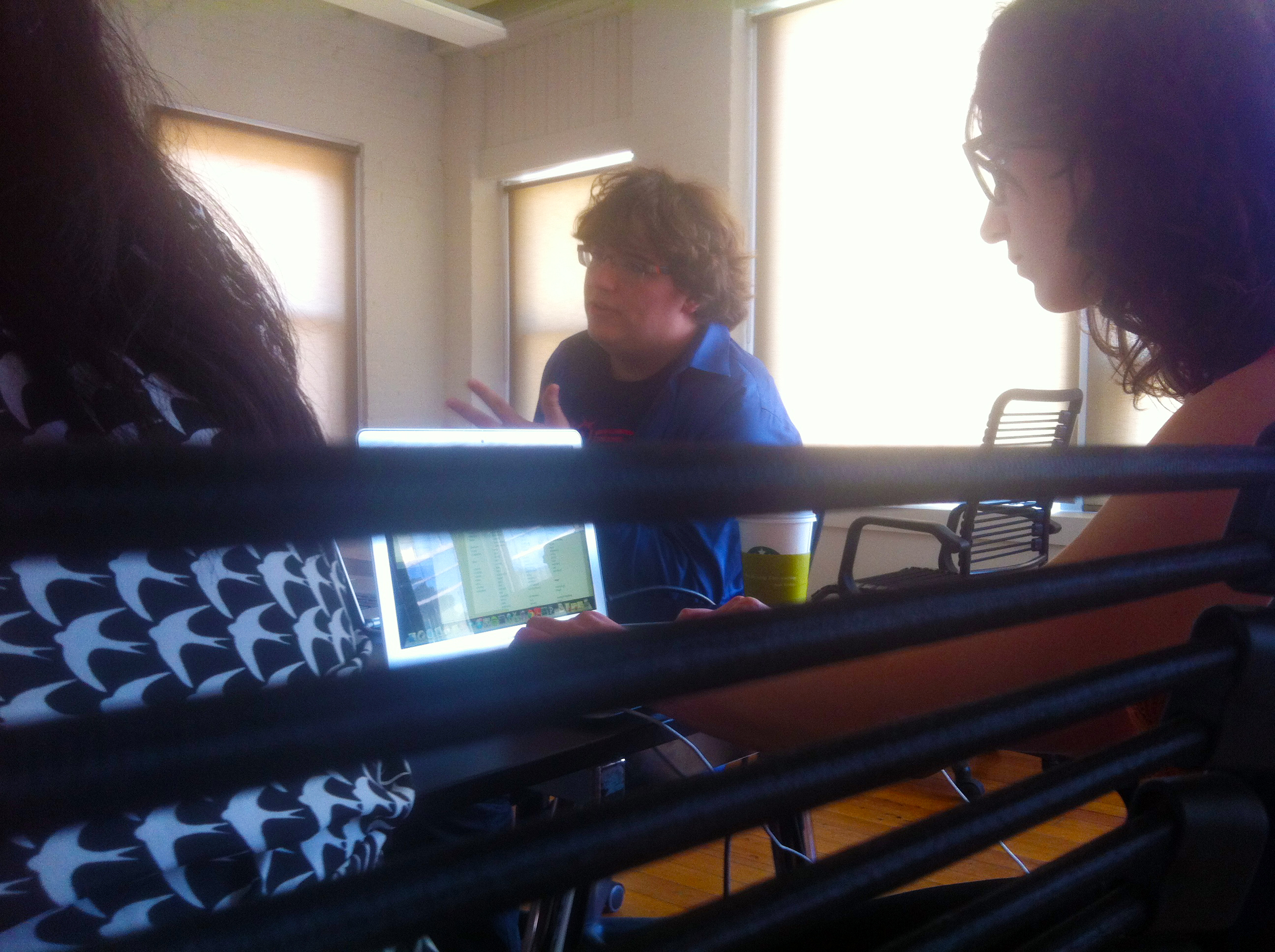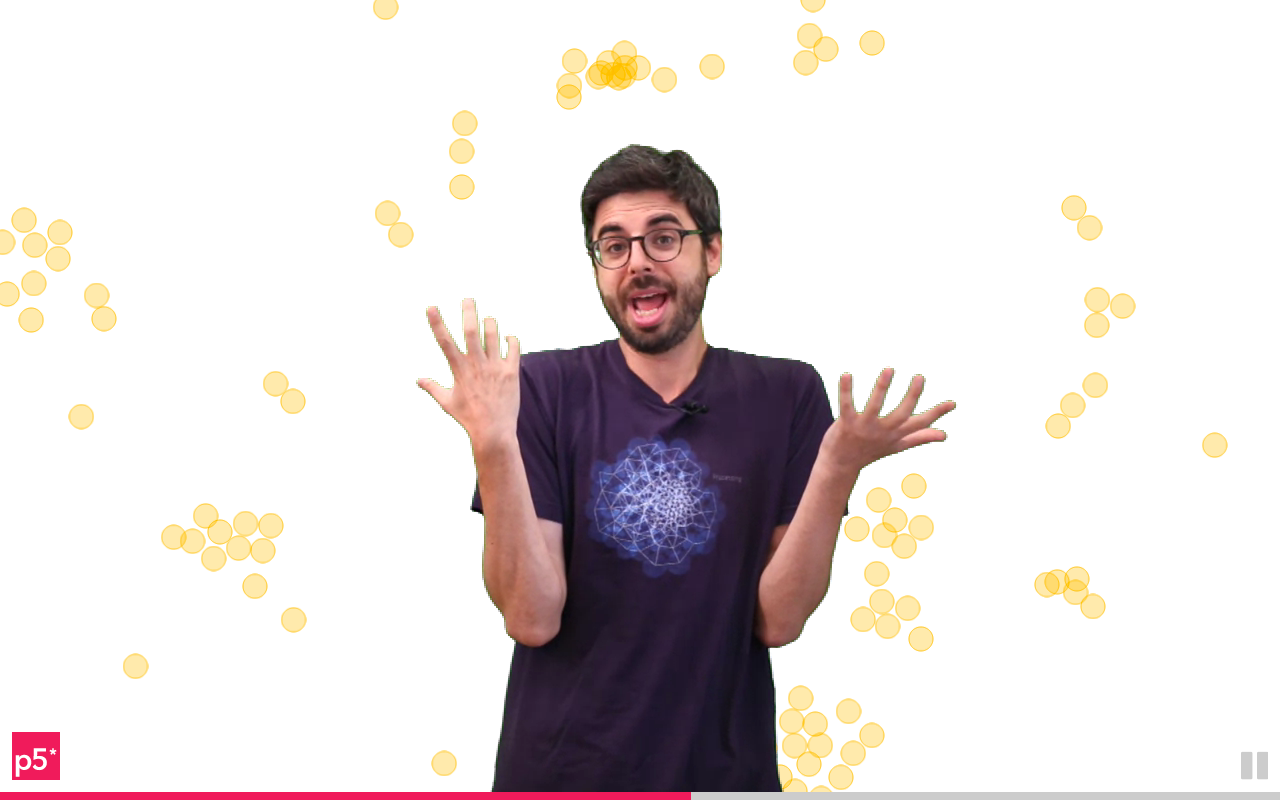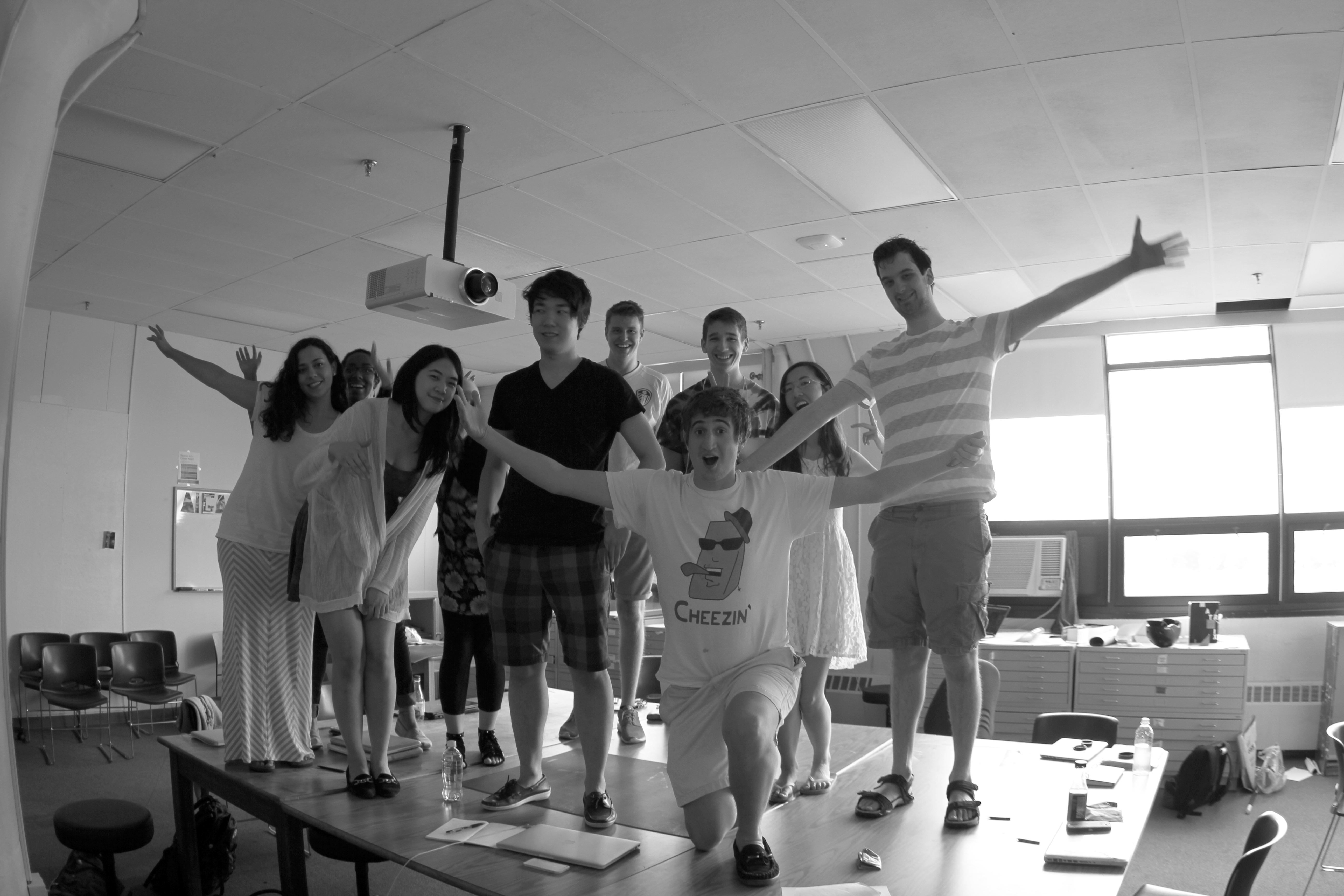


This summer we started a Fathom code workshop on Friday mornings. The first session was designed for those of us who are a bit more novice; we have been learning the beauty of python and it's new mode in Processing. This class has been led by James Gilles (aka High School Genius) who is working at Fathom on the development of Processing.py with Jonathan Feinberg. James is also preparing for his first year at MIT in the fall so keep an eye out for that kid. It's been really great working in the Processing environment with the Python syntax. I'm also reading Learn Python the Hard Way by Zed Shaw, to supplement my learning. Things are going really well and we're all excited to continue with the workshop this fall. I know many of us would love to start using the recent release of p5.js and are jockeying to get Lauren or Dan in the office to teach more workshops.

While a student in the Fathom code workshop, I also experienced the other side of the classroom. For the past six weeks I have been teaching an Interactive Design course at Boston University. This class met on Mondays and Wednesdays from 6-9pm, and it focused on interactive design methodologies, design thinking, authorship and prototyping. Here is a caption from the syllabus:
This course — Interactive Design — explores interactivity between people and designed objects. Projects address how to create conditional experiences, responses, and/or exchanges that rely on a user’s input. Solutions will be pragmatic and speculative.

This course has been incredibly rewarding and challenging. It has helped me understand my own process and has helped others articulate their design process. It's been a delight to see formal and intellectual progress in an accelerated 6 week class. Students ranged from having little to no experience with design principals, to students who are heading into their senior year in the design program and thinking about their thesis. I was thrilled to see the learning trajectory in each of the students' final presentations. They showcased self-authored content that reconceptualized the mobile operating system on phone and tablet devices and then translated those concepts into a large scale interactive installation. I saw great breakthroughs in design thinking beyond traditional models of interactivity. Students explored themes from contextual awareness to object detection to multi-sensor computer vision.
I am looking forward to more teaching and learning opportunities at Fathom and beyond. Keep an eye out for new workshops at Fathom — there are also rumors of us expanding workshops to the public or in some type of MOOC format. Stay tuned...
We’d love to hear what you’re working on, what you’re curious about, and what messy data problems we can help you solve. Drop us a line at hello@fathom.info, or you can subscribe to our newsletter for updates.